Κείμενο
Χαίρετε, ονομάζομαι Στέλιος Πανταζής, είμαι γιατρός εξειδικευμένος στην ιατρική διατροφολογία και στις διαταραχές του μεταβολισμού και το θέμα μας σήμερα είναι η ιδανική διατροφή για την γαστρο-οισοφαγική παλινδρόμηση. Η γαστρο-οισοφαγική παλινδρόμηση είναι μια εξαιρετικά συχνή πάθηση που, σύμφωνα με μια μελέτη που δημοσιεύθηκε το 2016, προσβάλει το 52% των ενηλίκων στην Ελλάδα. Ευτυχώς, στη πλειοψηφία των περιπτώσεων, η ένταση είναι ήπια ή μέτρια, αλλά και πάλι περίπου 1 στους 3 εμφανίζουν σημαντικά συμπτώματα. Σήμερα λοιπόν το θέμα μας αφορά το 52% των ενηλίκων Ελλήνων που πάσχει από συμπτώματα γαστρο-οισοφαγικής παλινδρόμησης και πως μπορεί να αλλάξει την διατροφή του για να μειωθούν αυτά τα συμπτώματα. Ως γιατρός που εξασκώ την ιατρική διατροφολογία, καθημερινά βλέπω αρκετά περιστατικά με γαστρο-οισοφαγική παλινδρόμηση στο ιατρείο μου. Στις περισσότερες περιπτώσεις παρατηρώ ότι η σωστή διατροφή και ο σωστός τρόπος ζωής μπορεί να βοηθήσει στην πλήρη θεραπεία της ή τουλάχιστον στην μείωση της φαρμακευτικής αγωγής, αλλά και πολλές φορές στην διακοπή της. Σύμφωνα με όλους τους ειδικούς στο θέμα, η πρώτη γραμμή αντιμετώπιση της νόσου είναι η αλλαγή της διατροφής και του τρόπου ζωής. Πάμε να δούμε πιο συγκεκριμένα. Τηγανιτά: Οι τηγανισμένες τροφές μπορεί να είναι πολύ νόστιμες, αλλά έχουν πολλά προβλήματα. Αρχικά, η διαδικασία του τηγανίσματος φορτώνει την τροφή με πολύ τηγανόλαδο που επιβραδύνει την πέψη και έτσι η τροφή παραμένει πολύ ώρα στο στομάχι, αυξάνοντας την πιθανότητα να εμφανιστούν ενοχλήματα. Άρα οι τηγανισμένες τροφές πρέπει να απουσιάζουν από μια σωστή διατροφή για την αντιμετώπιση της γαστρο-οισοφαγικής παληνδρόμησης. Πίτσα: Η αγαπημένη όλου του κόσμου, αλλά δυστυχώς πολύ προβληματική πίτσα πρέπει να απουσιάζει από την διατροφή κάποιου που θέλει να αντιμετωπίσει τα συμπτώματα της γαστρο-οισοφαγικής παλινδρόμησης. Υπερ-επεξεργασμένα σνακ: Οτιδήποτε βγαίνει από εργοστάσιο και γραμμή παραγωγής, όπως πατατάκια, μπισκότα, σοκολάτες, και άλλα τέτοια δεν

έχουν θέση σε μια σωστή διατροφή, και ειδικά στα άτομα που πάσχουν από γαστρο-οισοφαγική παλινδρόμηση. Καυτερά: Η γαστρο-οισοφαγική παλινδρόμηση συχνά συνοδεύεται από εκδορές, δηλαδή γρατζουνιές στο στομάχι και στον οισοφάγο. Είναι αναμενόμενο, όταν αυτές οι πληγές έρχονται σε επαφή με κάποιες τροφές που καίνε τα συμπτώματα να χειροτερεύουν . Ευτυχώς, στην Ελλάδα η κατανάλωση καυτερών είναι περιορισμένη. Αν όμως έχετε συμπτώματα γαστρο-οισοφαγικής παλινδρόμησης καλό είναι να φροντίσετε να μην περιέχει η τροφής σας ούτε πιπέρι. Για το καυτερό πιπέρι ή καγιέν ούτε λόγος φυσικά. Αυτό είναι κάτι που θα μου έλλειπε πάρα πολύ αν έπρεπε να ακολουθήσω μια τέτοια διατροφή! Λιπαρά και επεξεργασμένα κρεατικά: Εδώ πρόκειται για μια μεγάλη ομάδα τροφών, αλλά όχι τόσο, τελικά. Τα επεξεργασμένα κρέατα αφορούν τα λουκάνικα, το μπέικον και τα άλλα αλλαντικά που όπως έχω πει και παλιότερα ο Παγκόσμιος Οργανισμός Υγείας θεωρεί καρκινογόνα και ποιος θέλει να τρώει κάτι που επιβεβαιωμένα είναι καρκινογόνο; Εγώ πάντως όχι. Τα λιπαρά κρέατα είναι κρέατα με πολύ εμφανές λίπος. Από την άλλη, τα άλιπα κρέατα ή τα λιπαρά κρέατα που τους έχουμε αφαιρέσει το εμφανές λίπος είναι αποδεκτά. Τυριά: Από τις πιο εξαρτησιογόνες και νόστιμες τροφές που δυστυχώς πρέπει να απουσιάζουν από την διατροφή των ατόμων που θέλουν να αντιμετωπίσουν τα συμπτώματα της γαστρο-οισοφαγικής παλινδρόμησης. Ξινά: Όπως είπαμε και πριν, η νόσος συχνά συνοδεύεται από πληγές ή γρατζουνιές στο στομάχι και τον οισοφάγο, οπότε λογικό είναι να εμφανίζονται ενοχλήματα με τις ξινές τροφές. Αν πέσει λεμόνι σε μια πληγή που έχετε δεν θα σας τσούξει; Σίγουρα. Το ίδιο συμβαίνει και με τις εσωτερικές πληγές. Ξινές τροφές είναι τα εσπεριδοειδή, το ξύδι αλλα και ο χυμός της ντομάτας και κατ’ επέκταση οι σάλτσες που προέρχονται από αυτόν. Φυσικά, αυτό δεν αφορά μια ελαφριά σάλτσα με ντομάτα στον τρίφτη και λίγο λάδι για κοκκινιστά φασολάκια ή αρακά ή μπάμιες. Θέλει και λογική! Δεν έχω ακούσει κάποιον να έχει συμπτώματα με φασολάκια

ή άλλα κοκκινιστά λαδερά όταν η σάλτσα είναι ελαφριά με λίγο λαδάκι. Μέντα: Αν και στην Ελλάδα πολύ λίγοι καταναλωνουν μέντα, φαίνεται ότι και η μέντα επηρεάζει την πέψη και μπορεί να προκαλέσει συμπτώματα, αν και δεν το έχω ακούσει ακόμα στο ιατρείο μου. Ανθρακούχα: Τα ανθρακούχα διογκώνονται στο στομάχι και τα αέρια που απελευθερώνουν μέσα στο στομάχι προκαλεί μια δυσάρεστη κατάσταση. Αλλά επειδή στα σχόλια πολλοί παραπονιούνται ότι συνέχεια εστιάζω στις απαγορεύσεις και τα σχόλια του τύπου “τι θα τρώμε τώρα” και “δεν μας άφησες τίποτα” είναι αρκετά, αποφάσισα να συμπεριλάβω και μια λίστα με τροφές που βοηθούν και καλό είναι να τις τρώτε ή να τις αυξήσετε. Τροφές πλούσιες σε φυτικές ίνες: Οι τροφές που είναι πλούσιες σε φυτικές ίνες μας βοηθούν να νιώθουμε χορτάτοι με λιγότερη ποσότητα τροφής και έτσι μειώνεται η πιθανότητα να παραφάμε. Τέτοιες τροφές είναι τα μη-αλεσμένα δημητριακά, όπως η βρώμη, το πλιγούρι και το μη-επεξεργασμένο


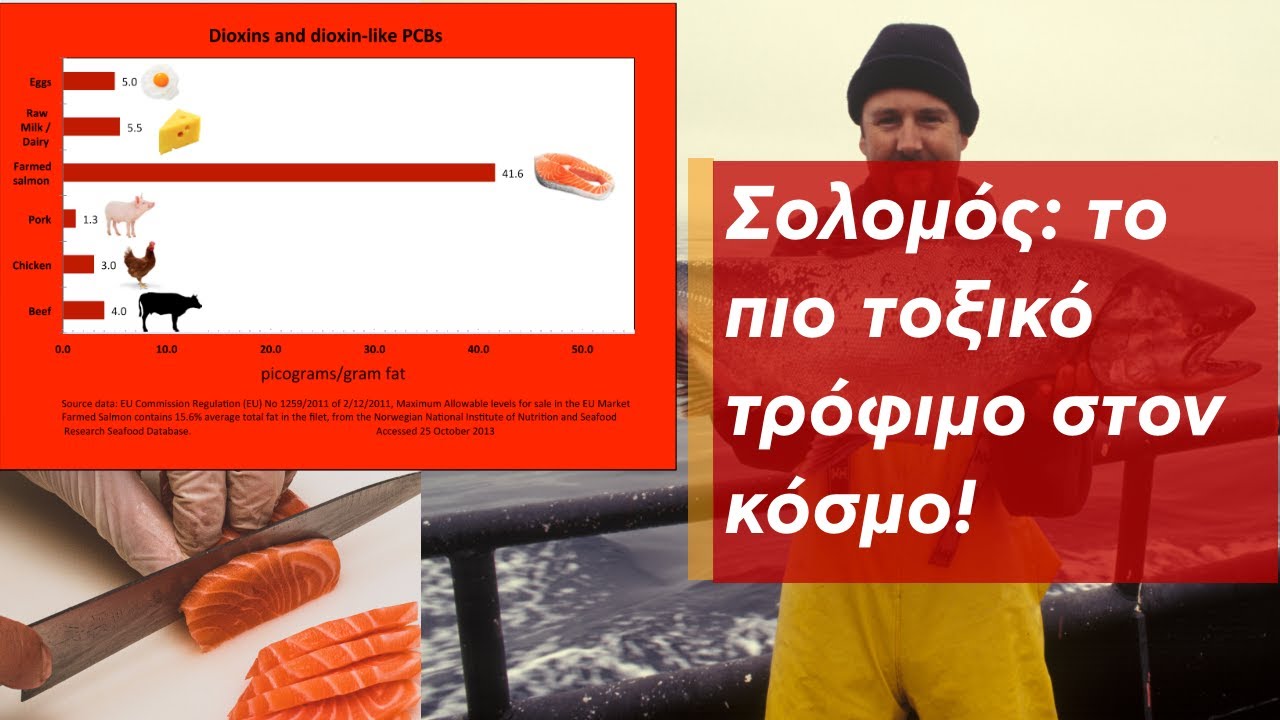





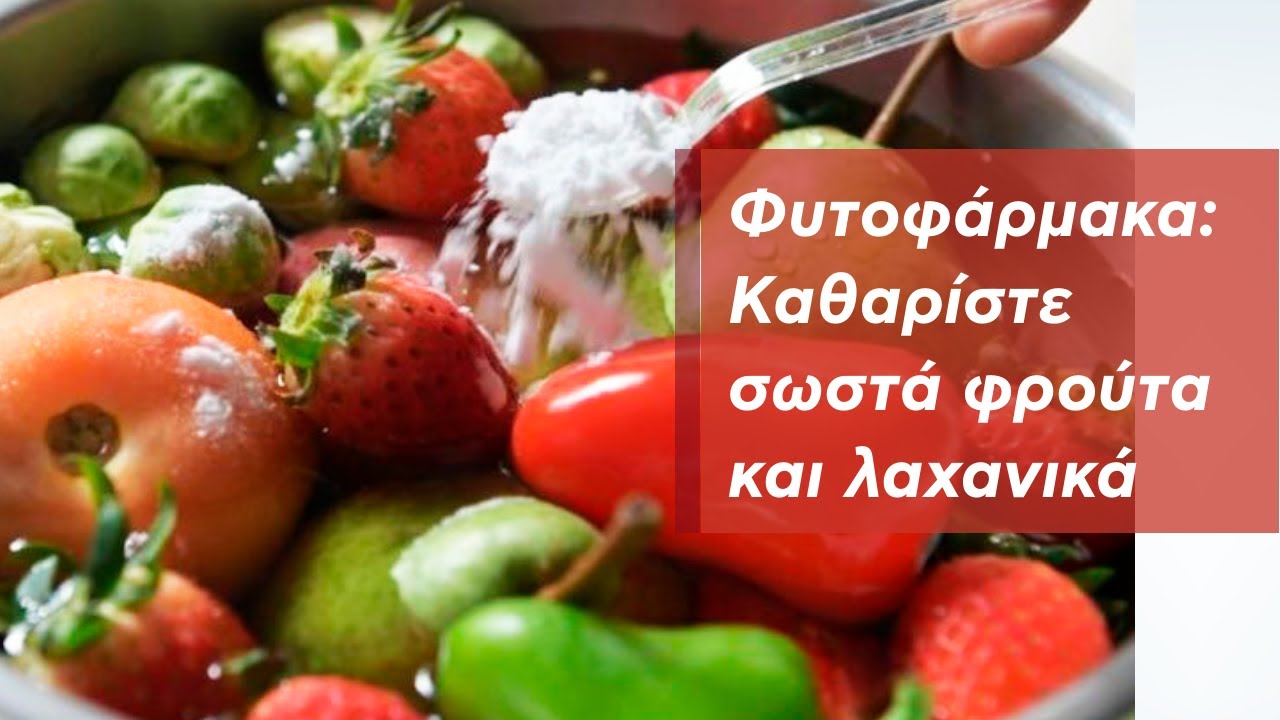

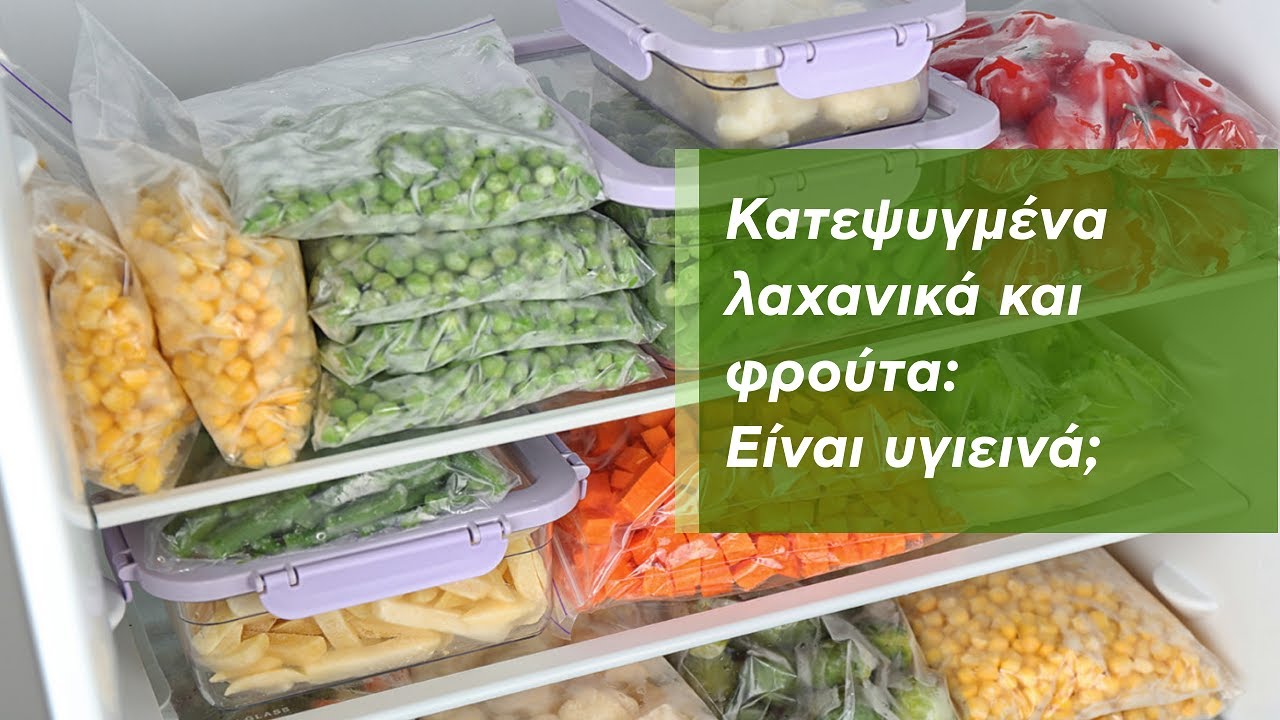

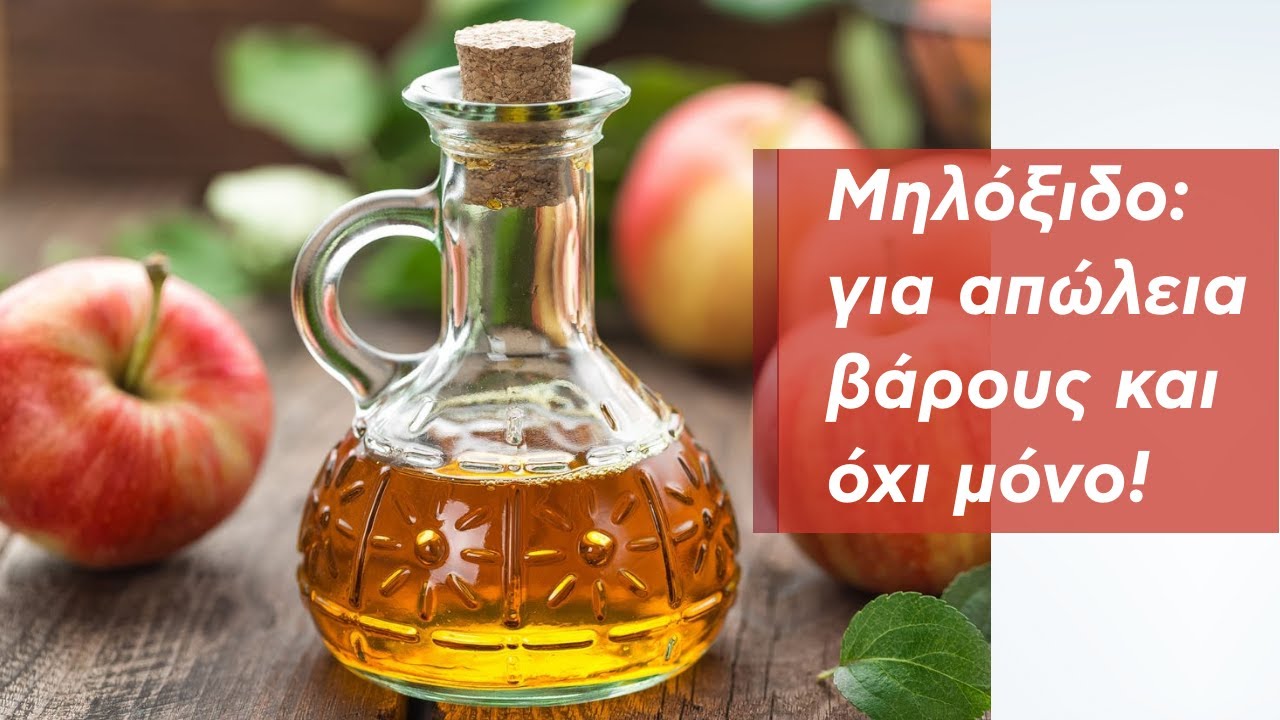
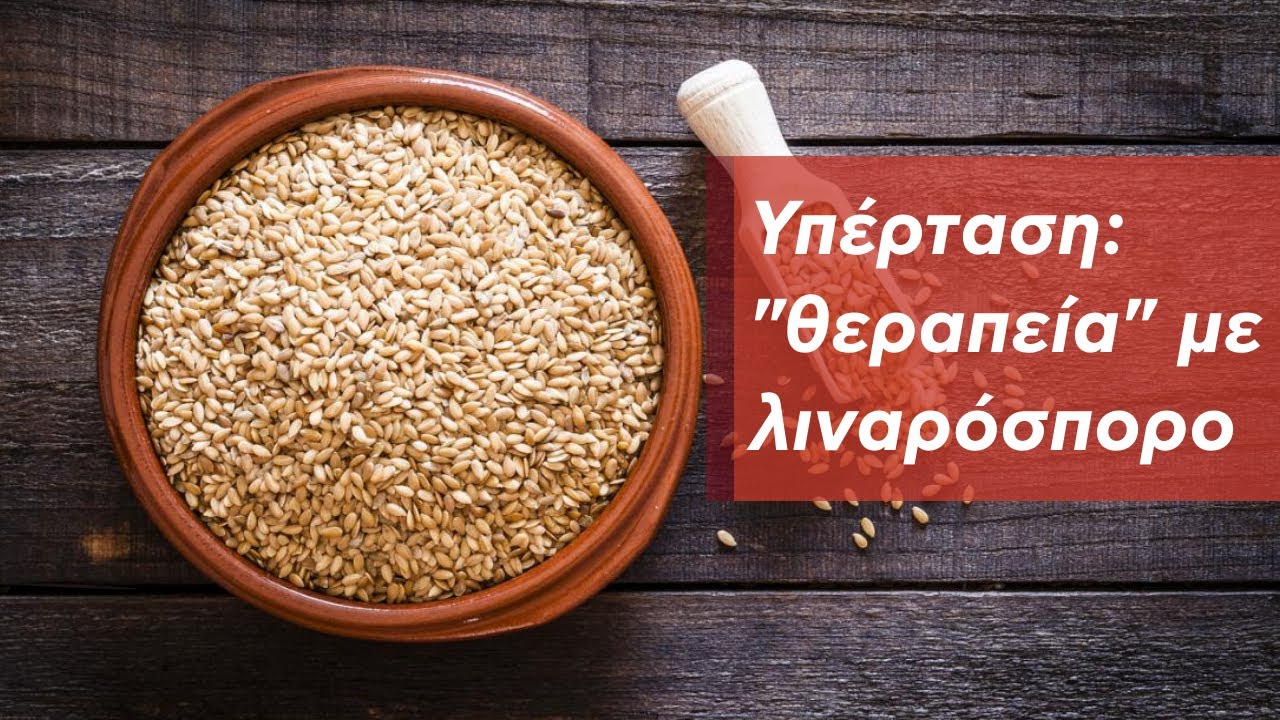

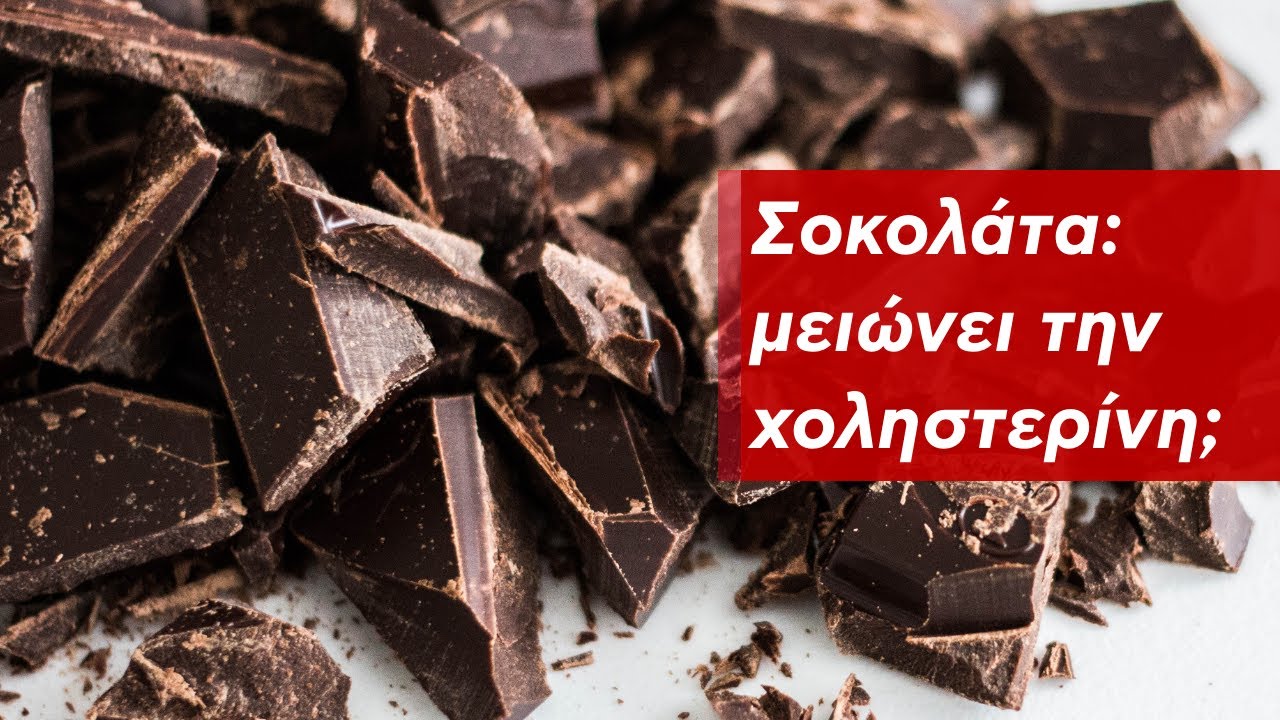
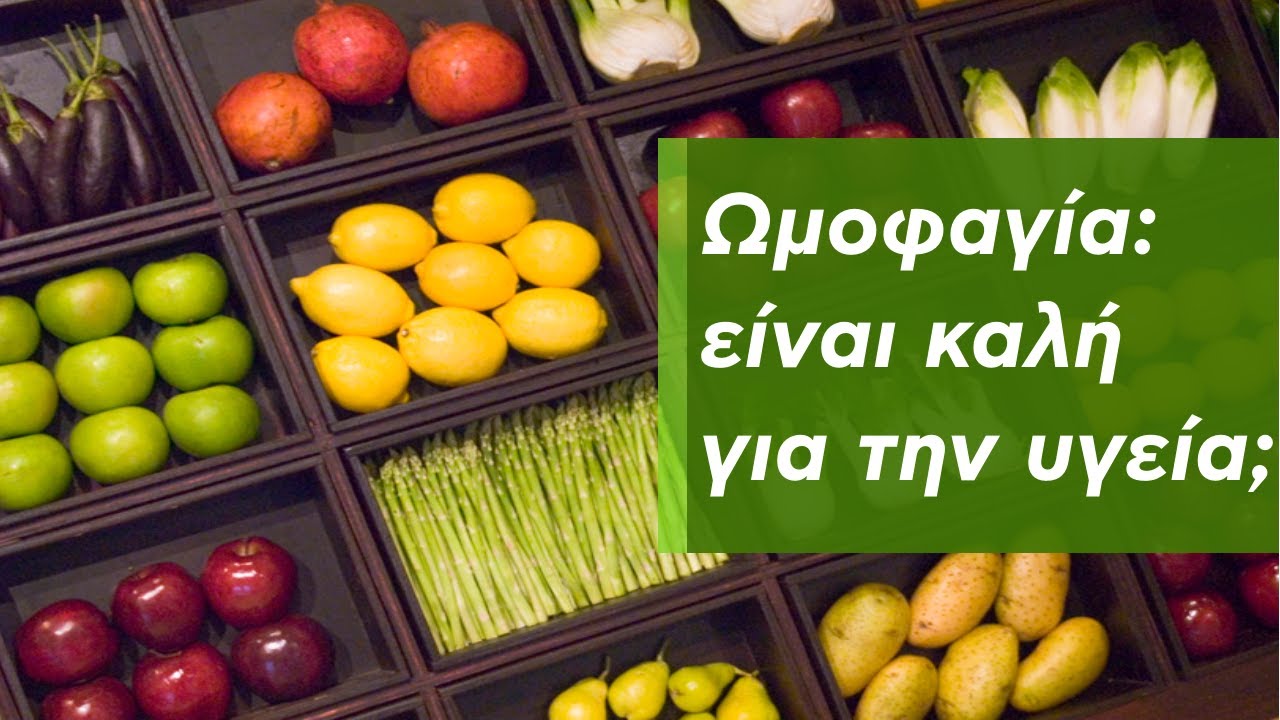


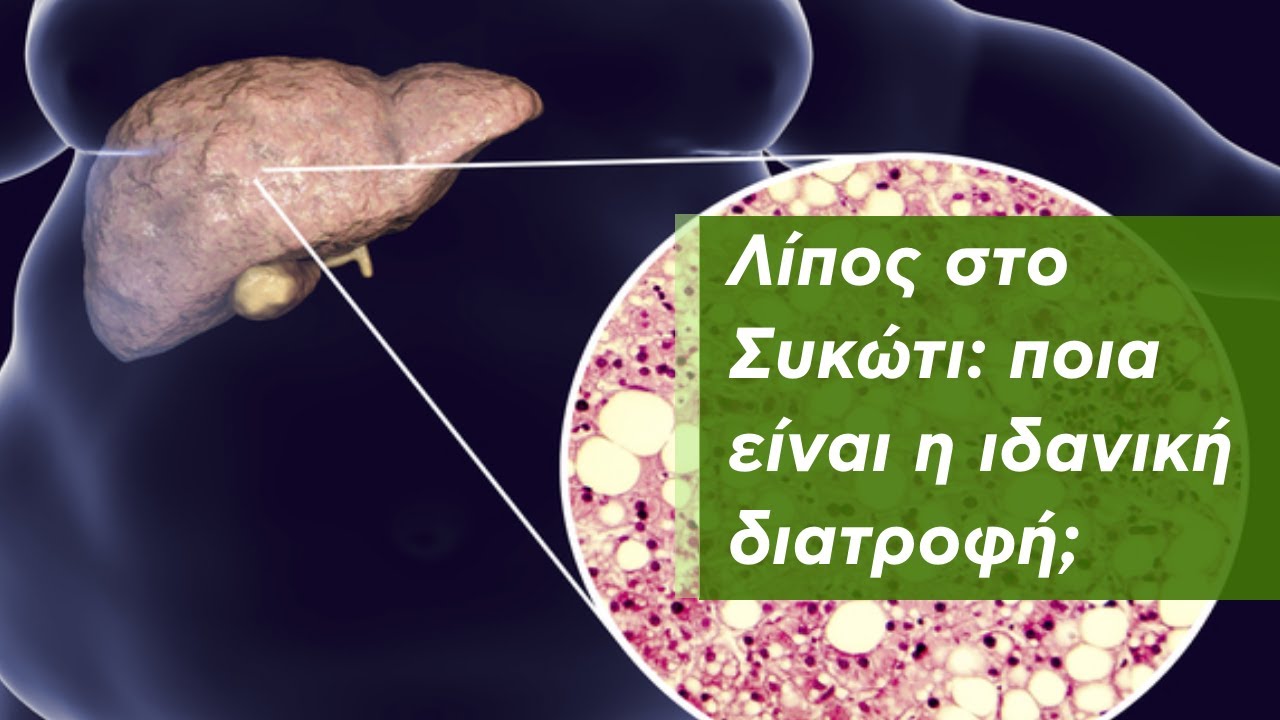

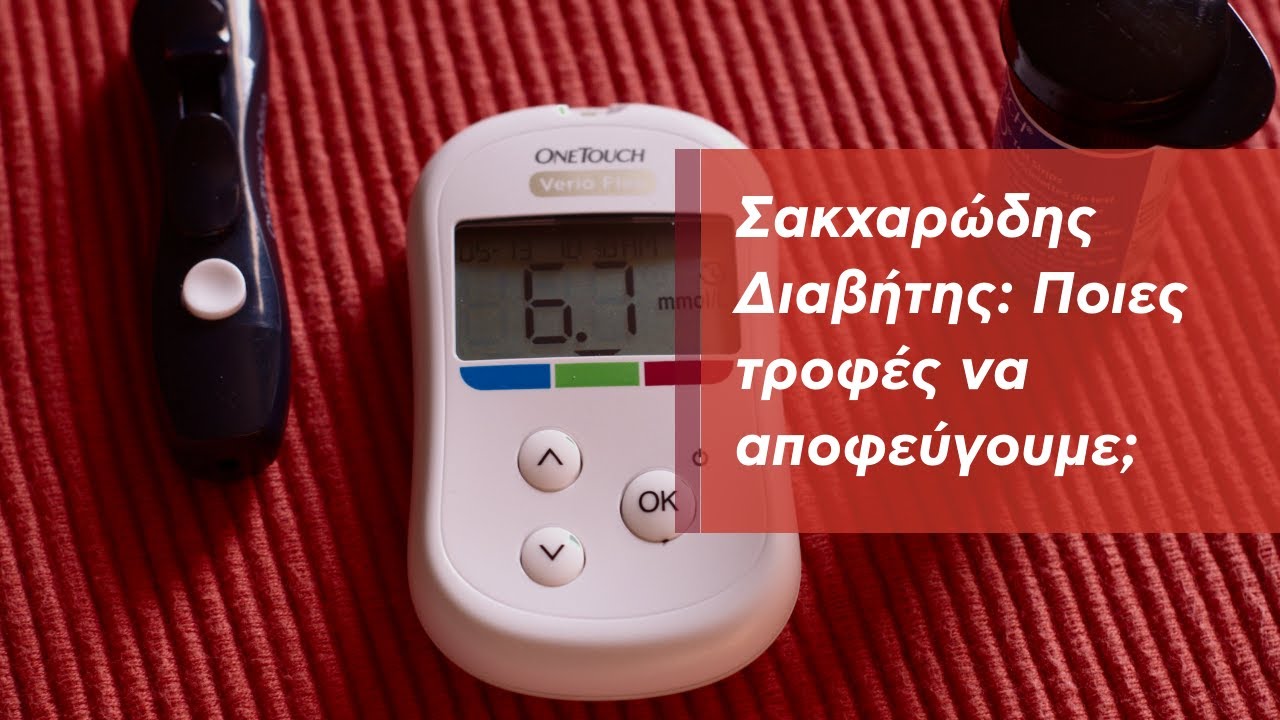


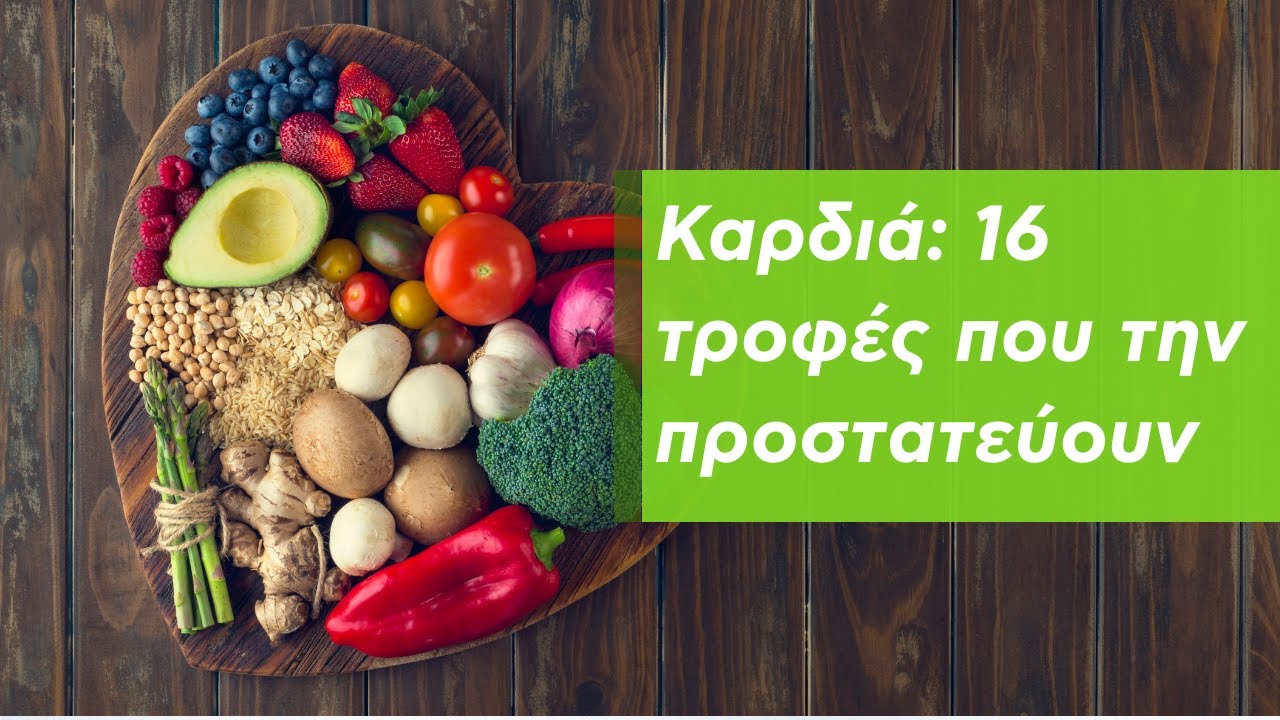

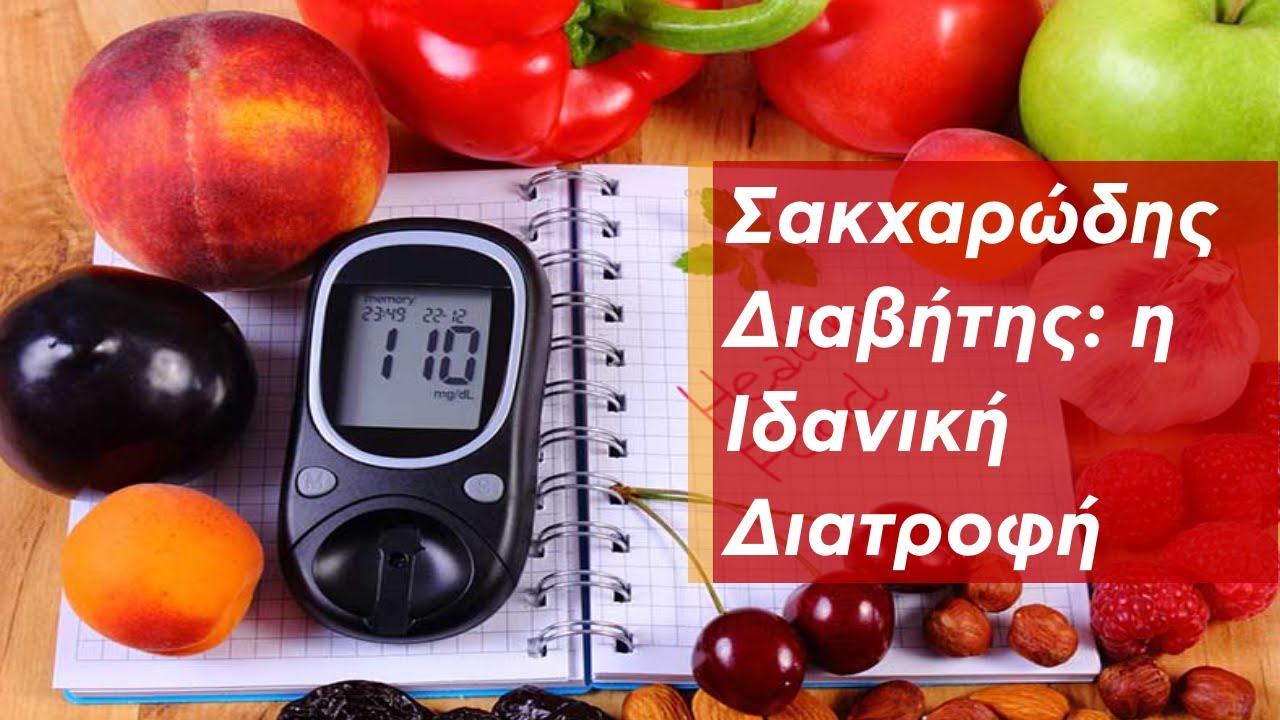

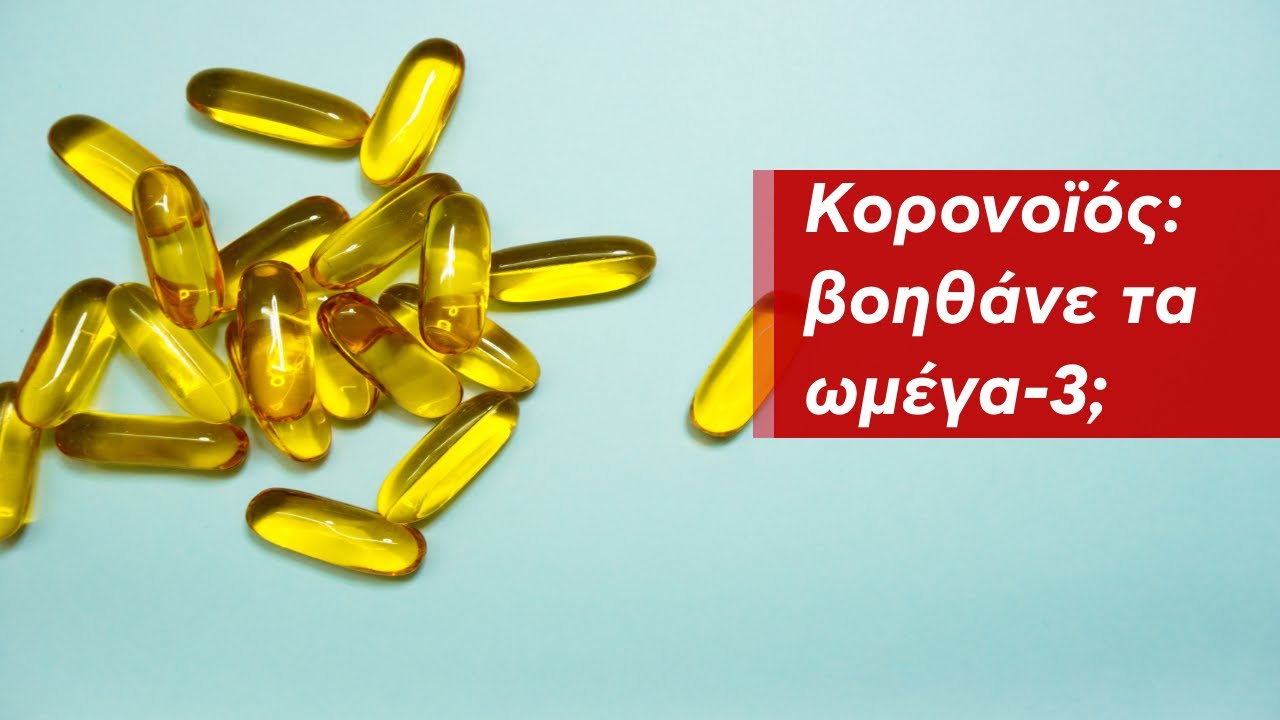
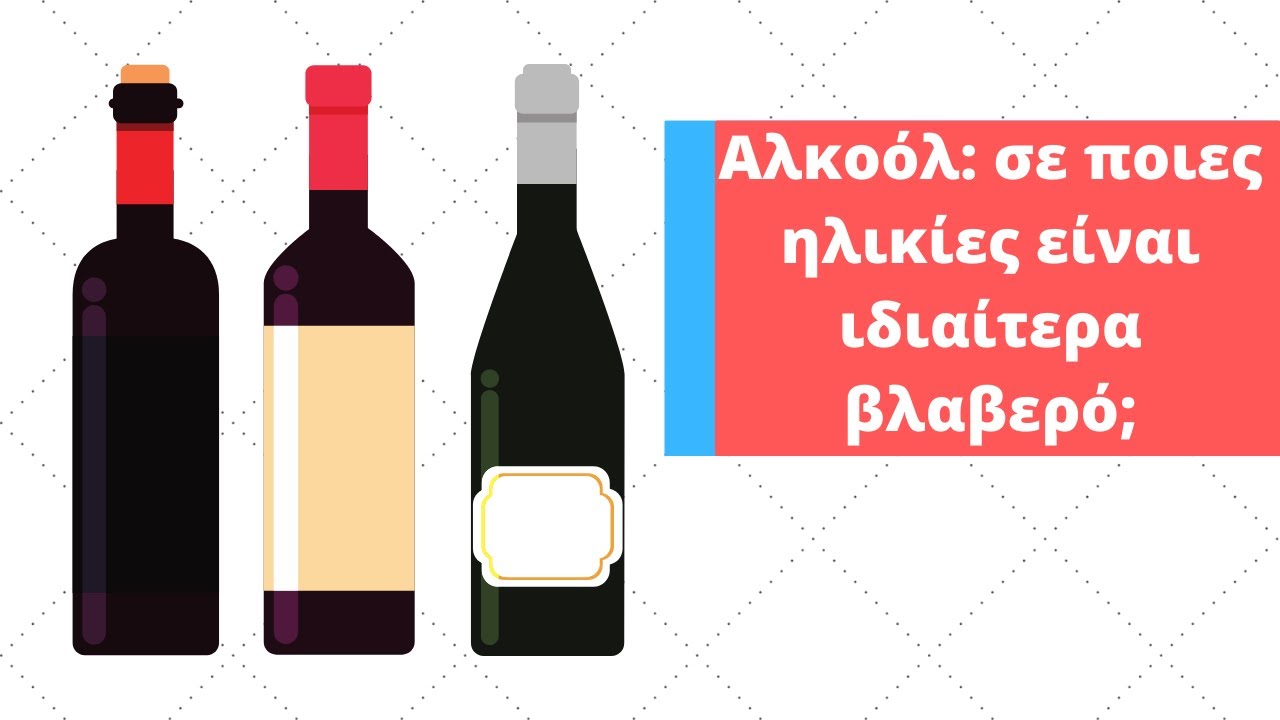
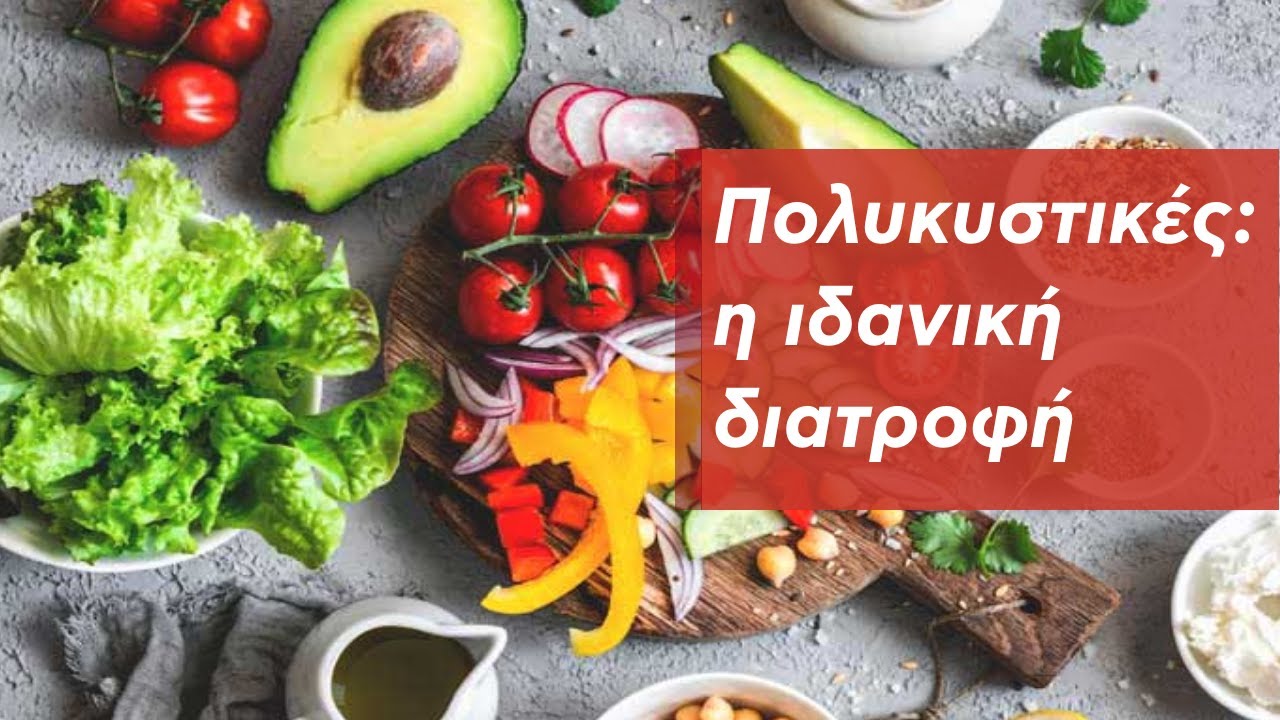







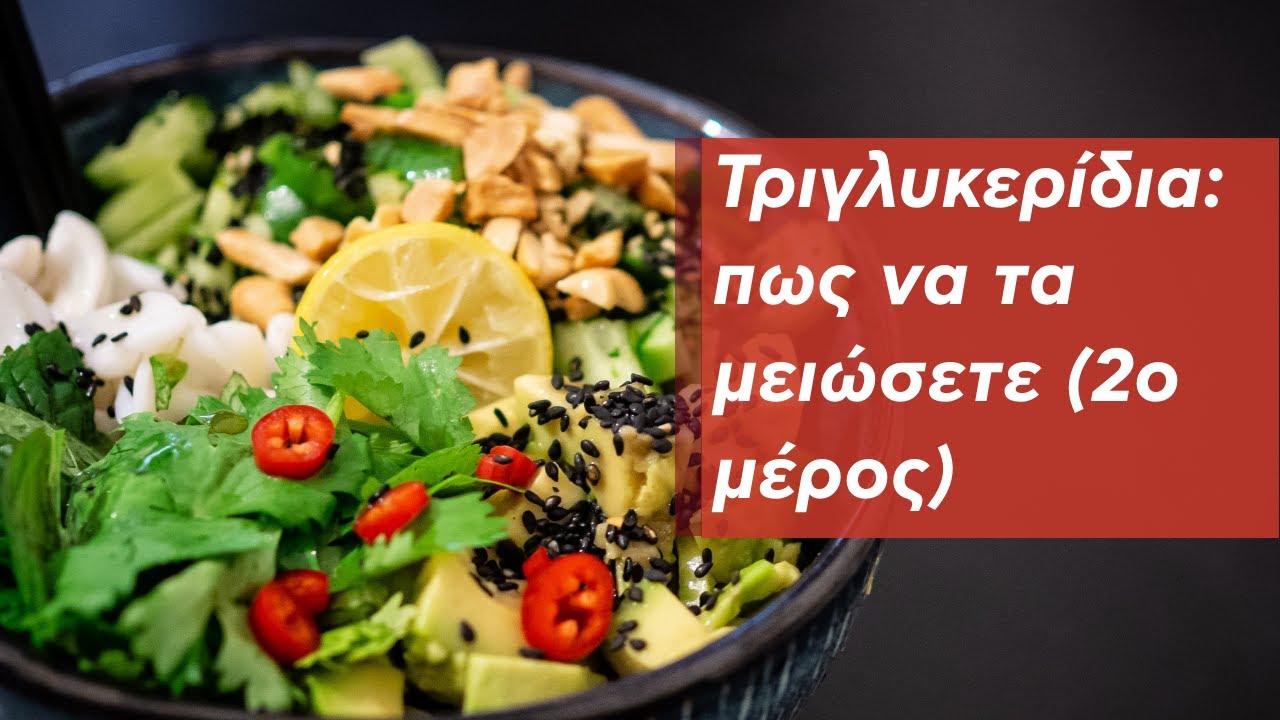

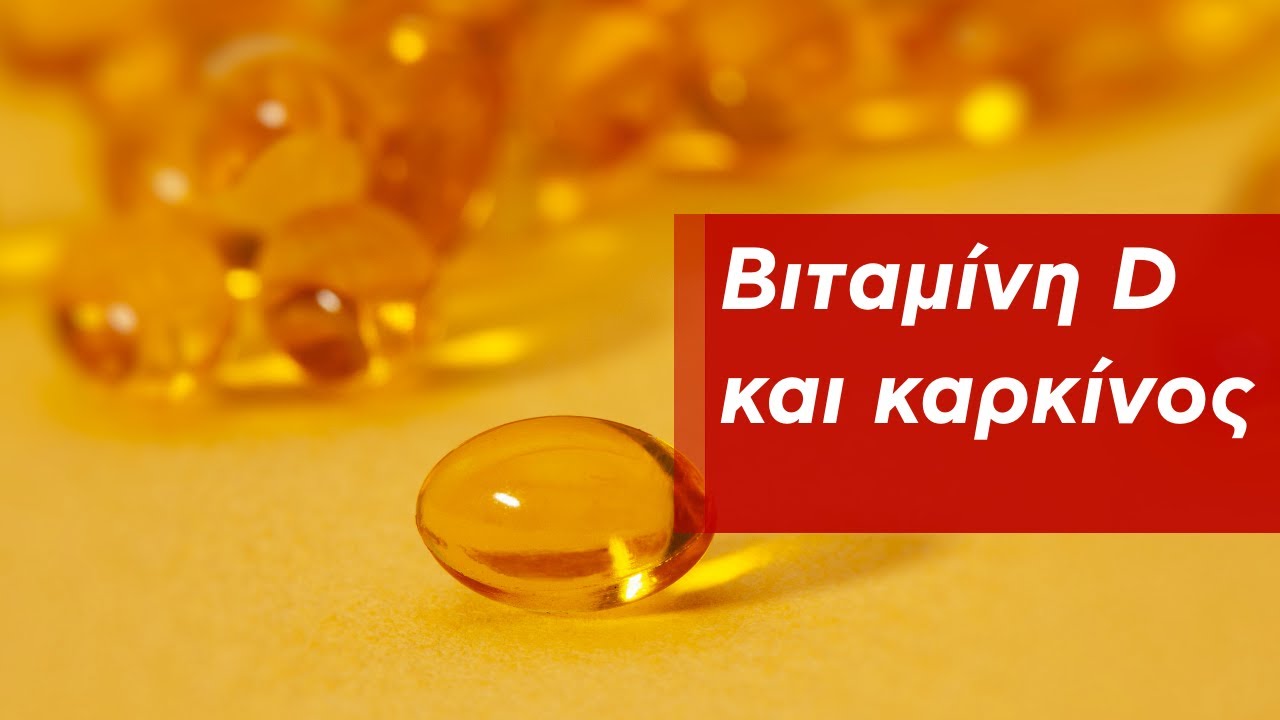
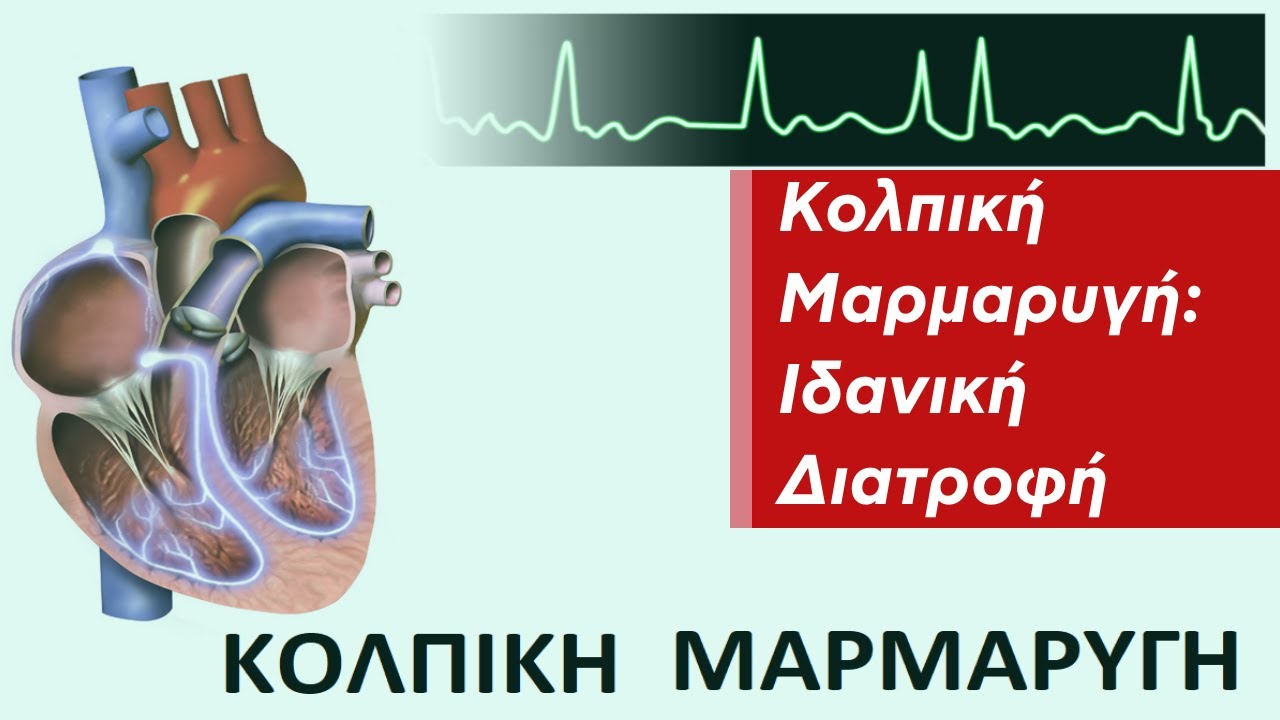


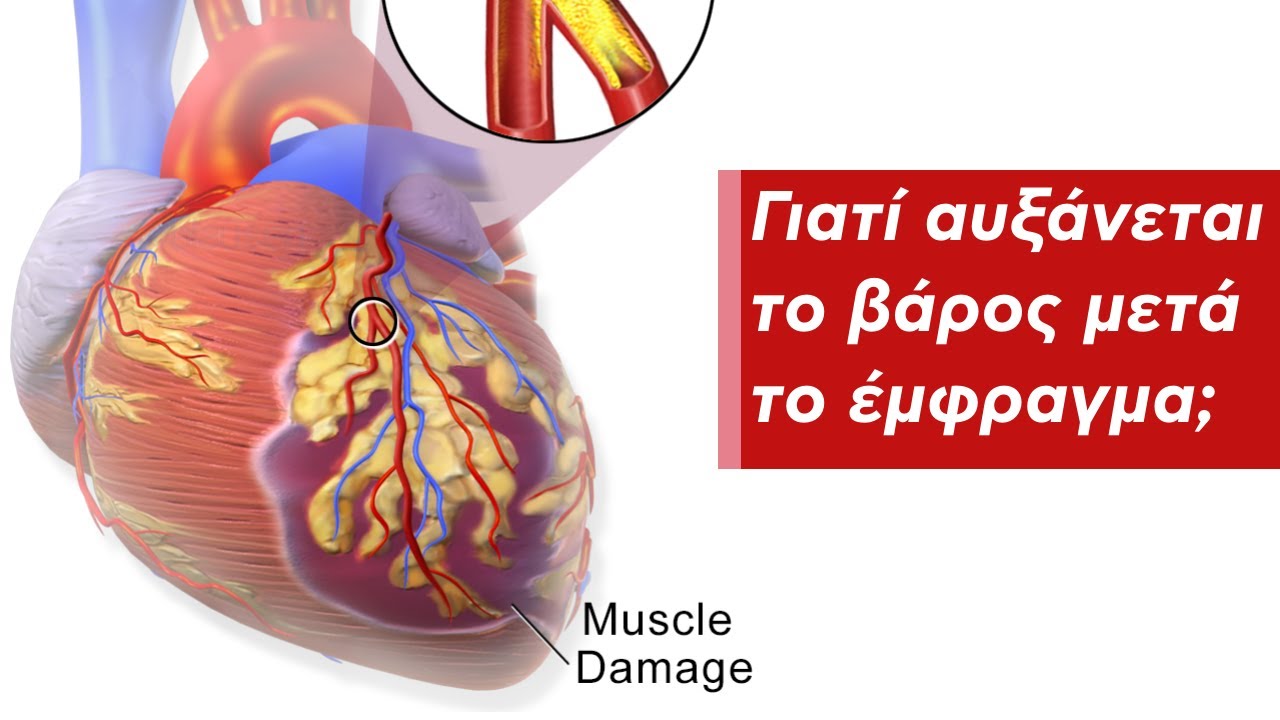



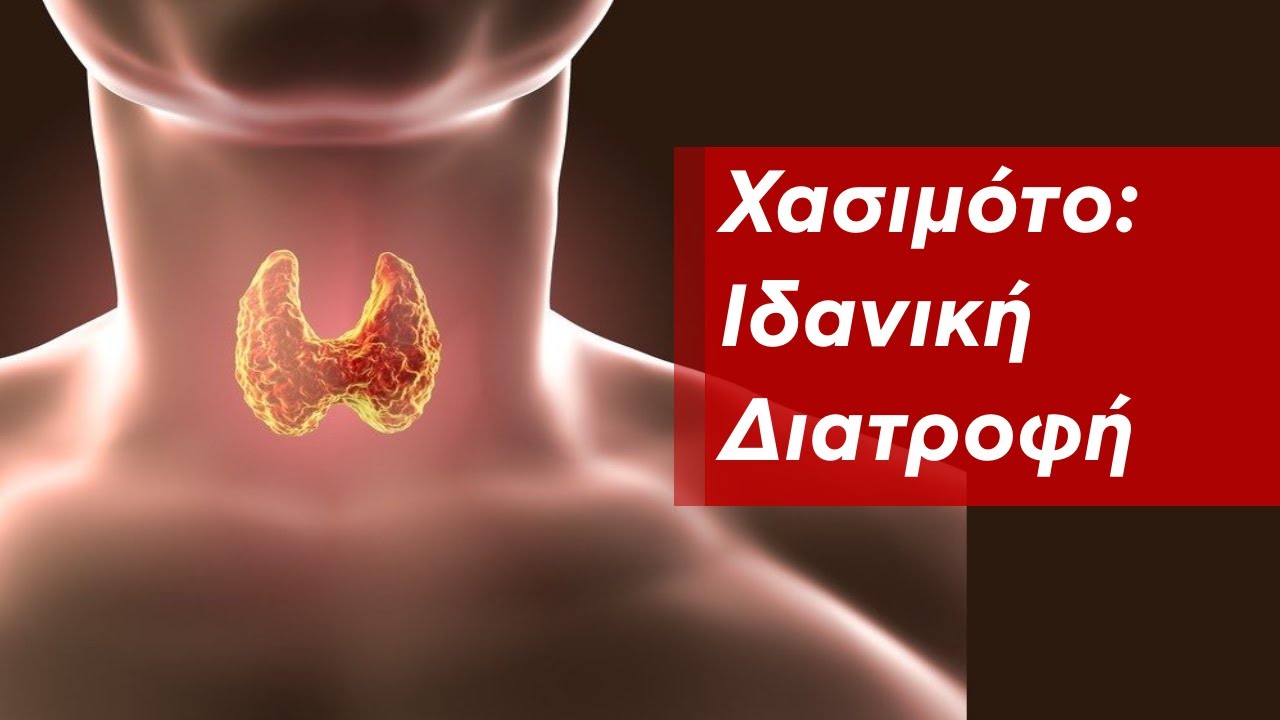
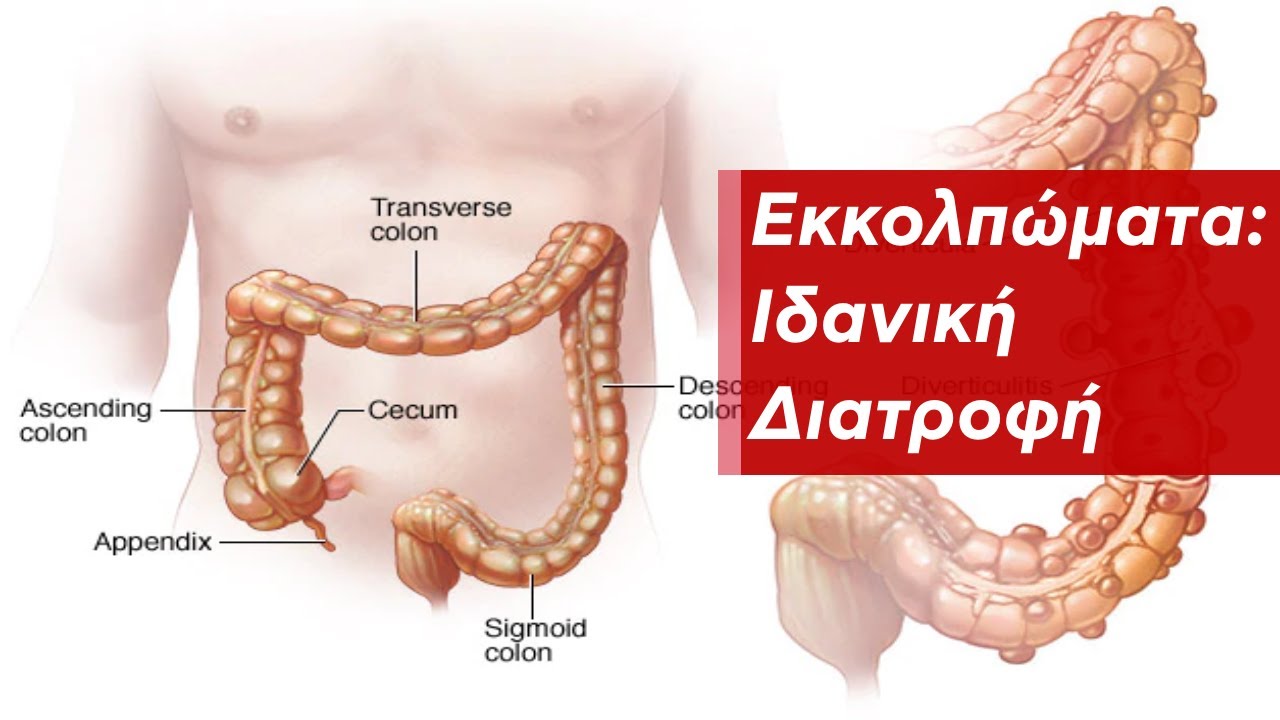
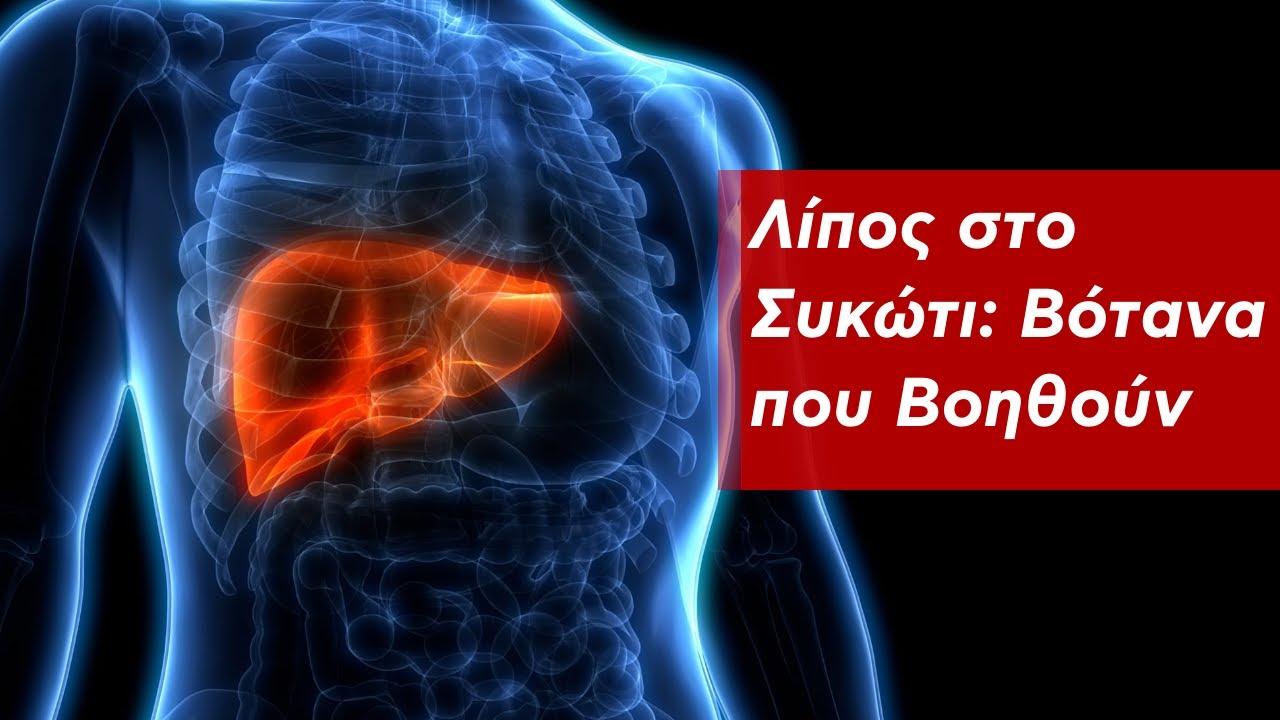


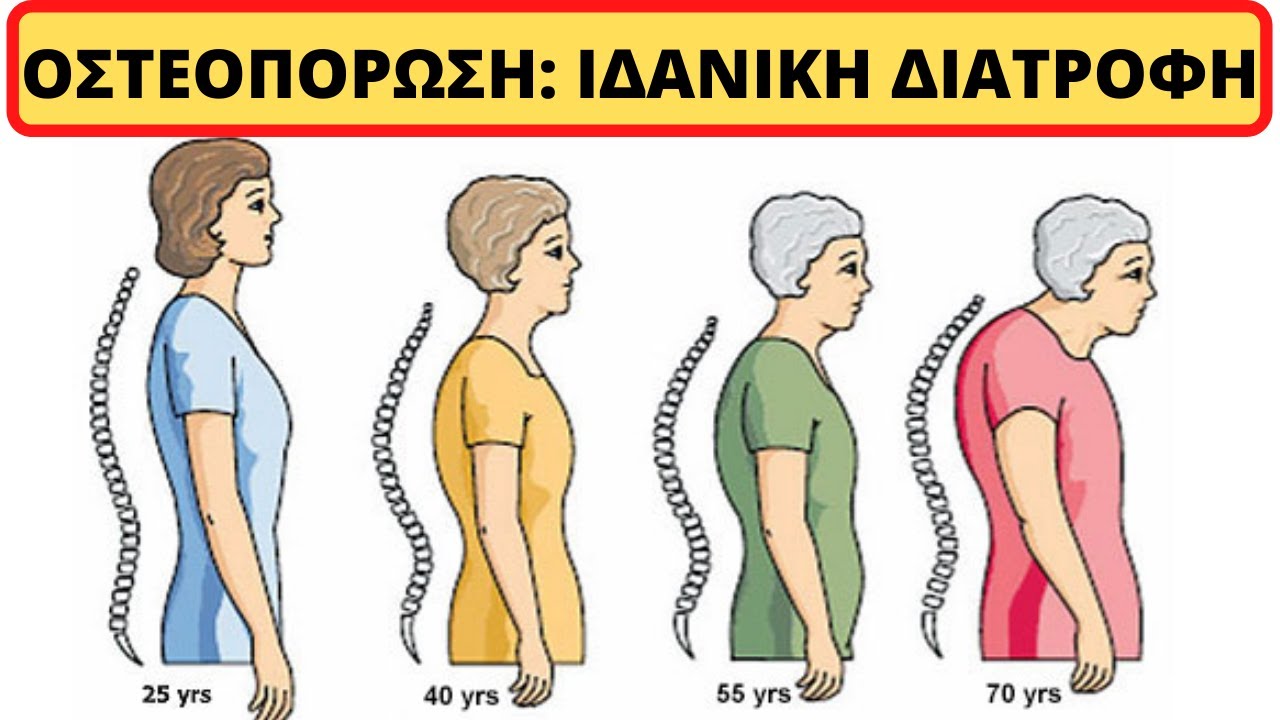


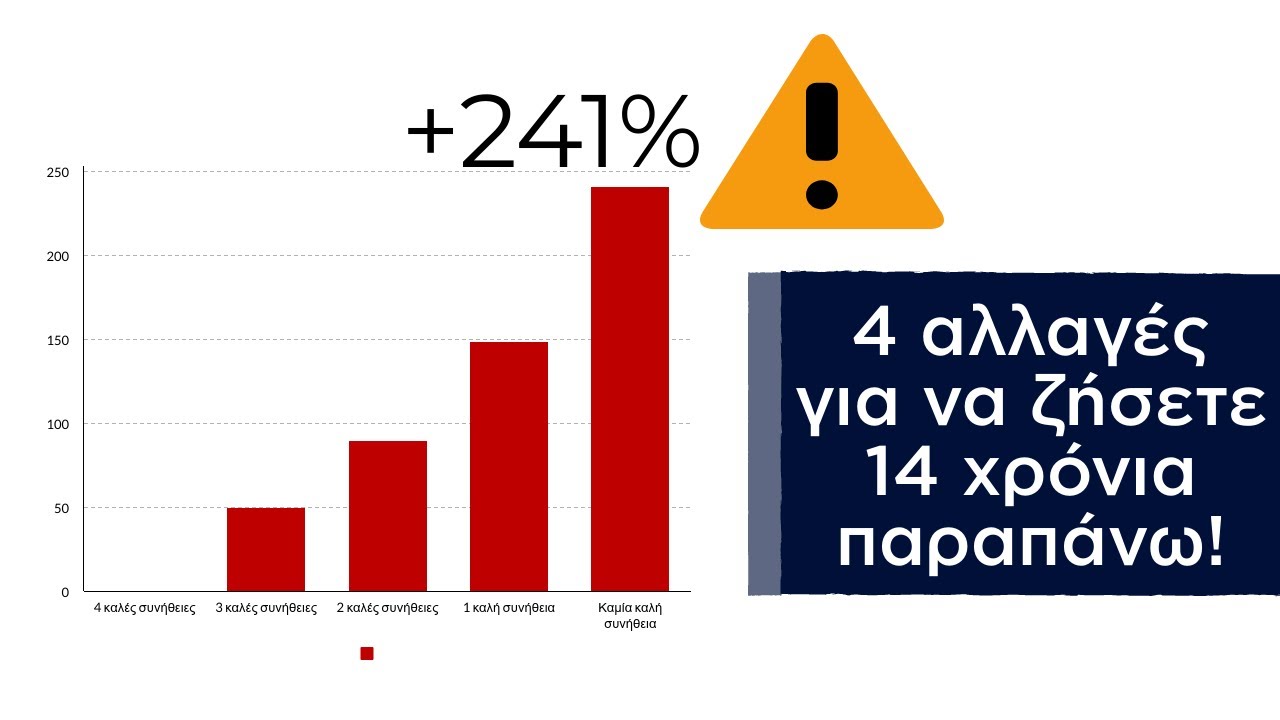
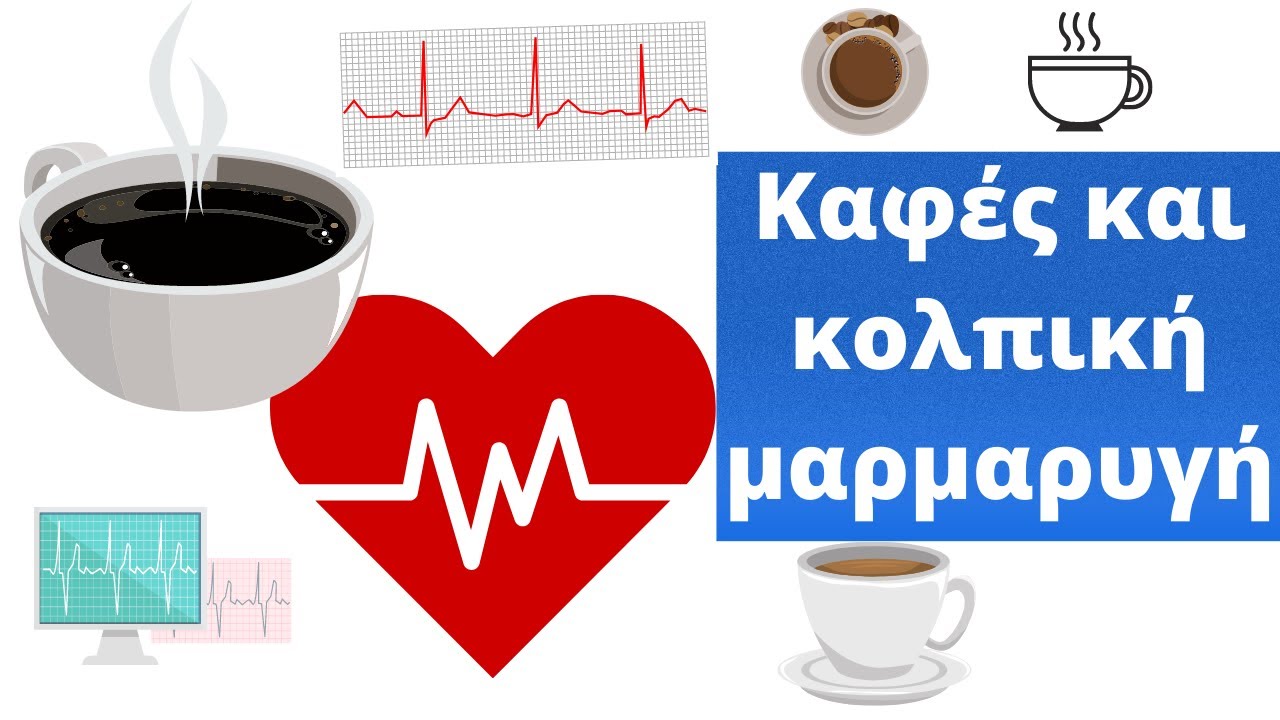
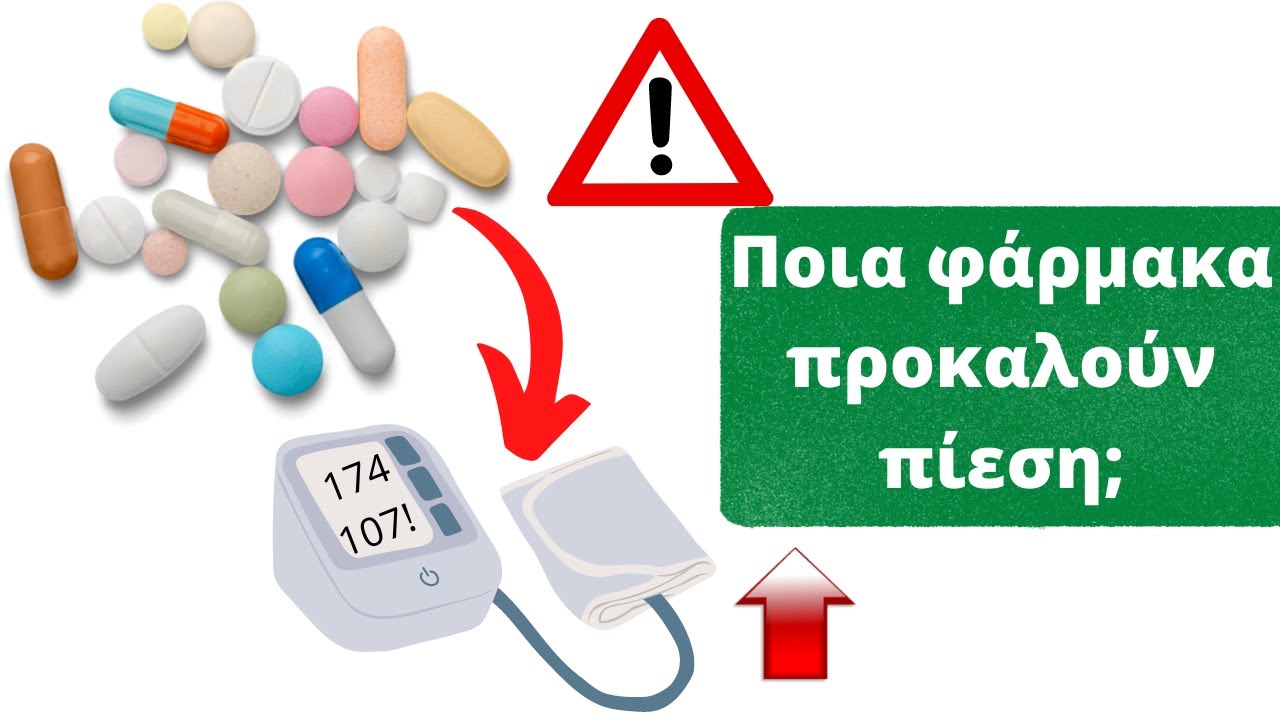

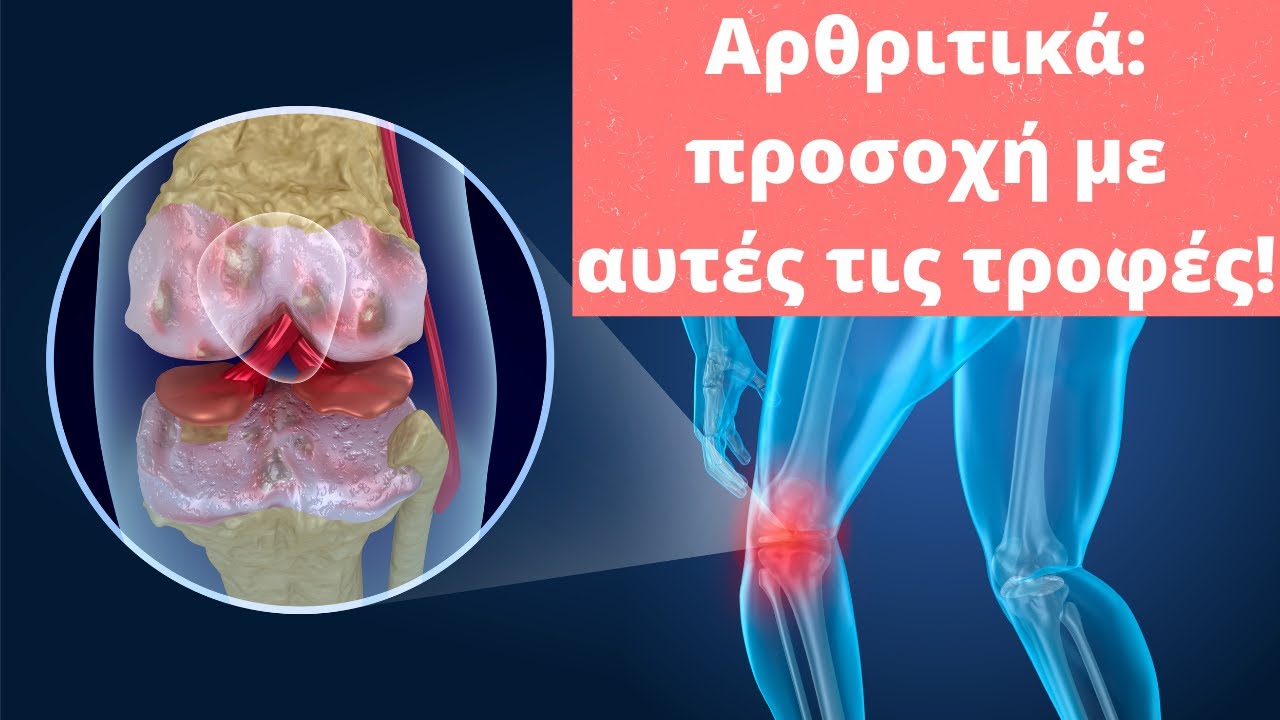

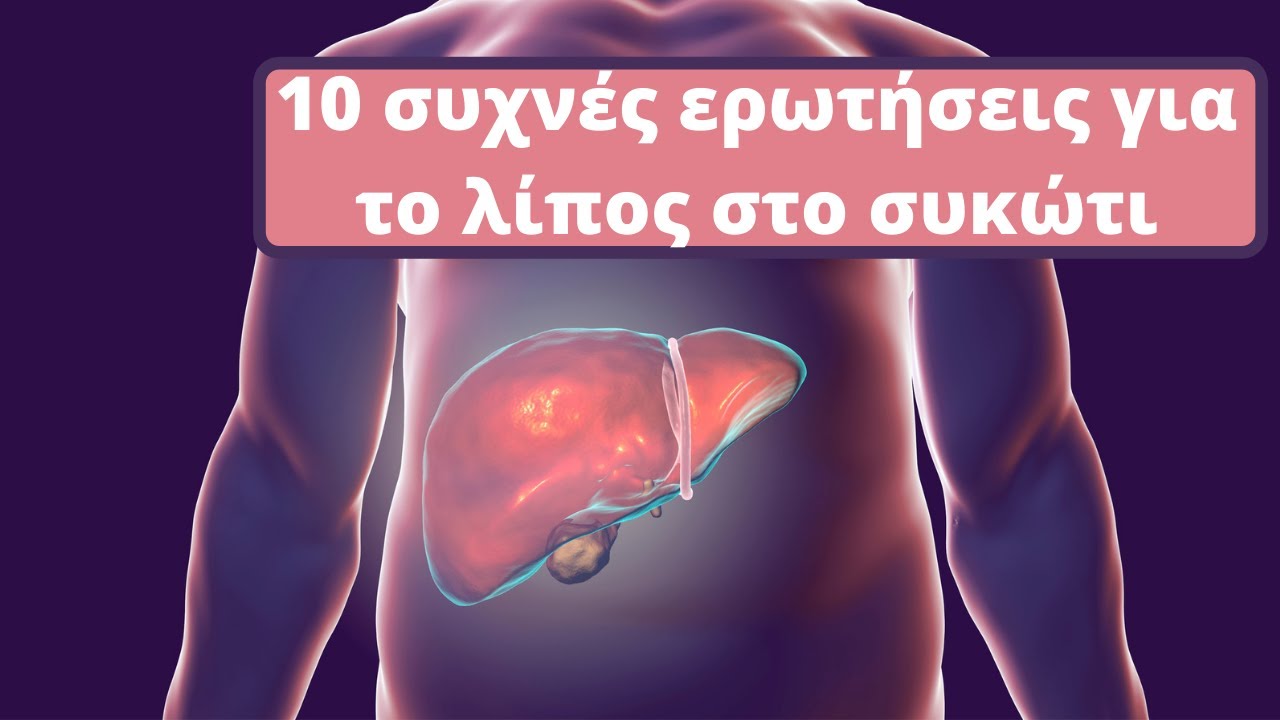
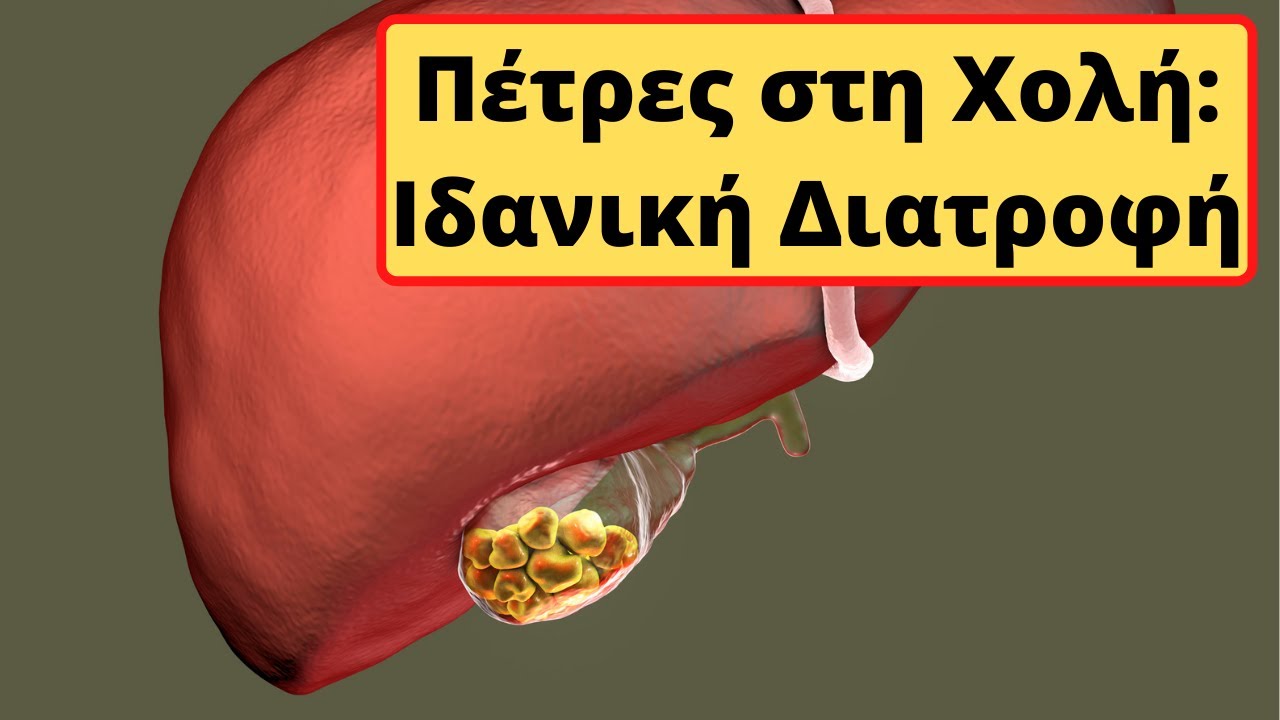
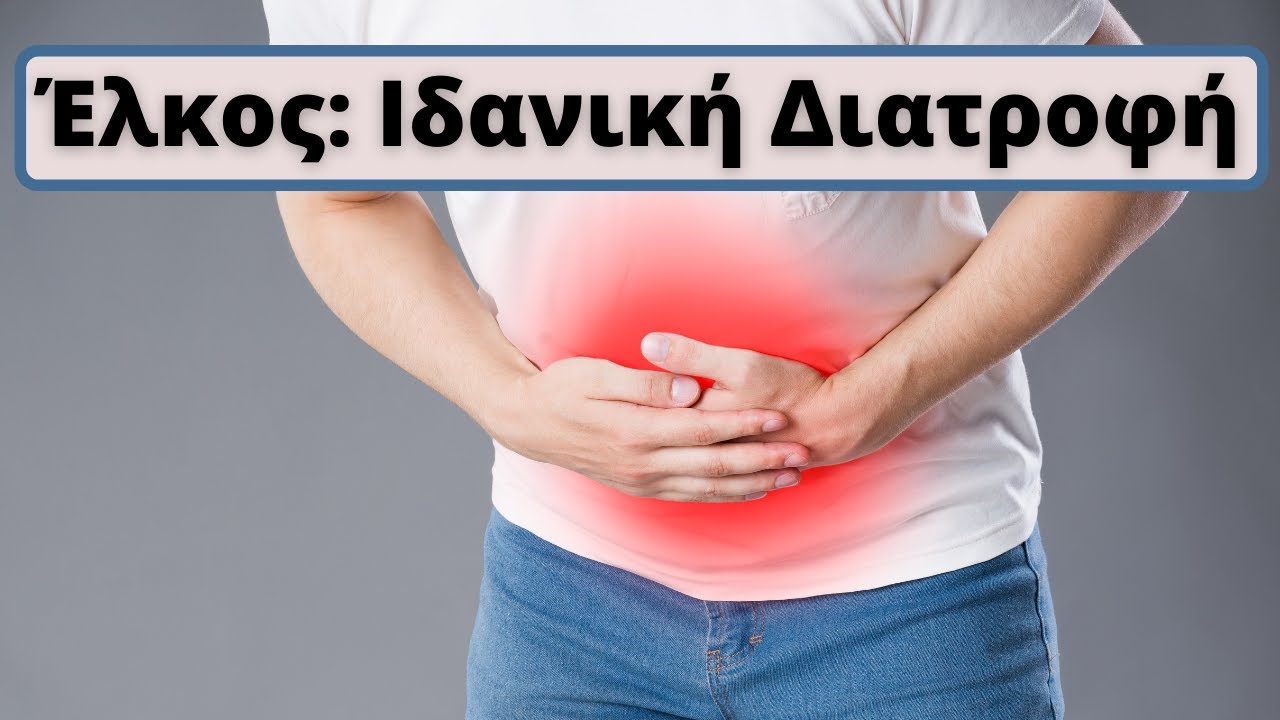
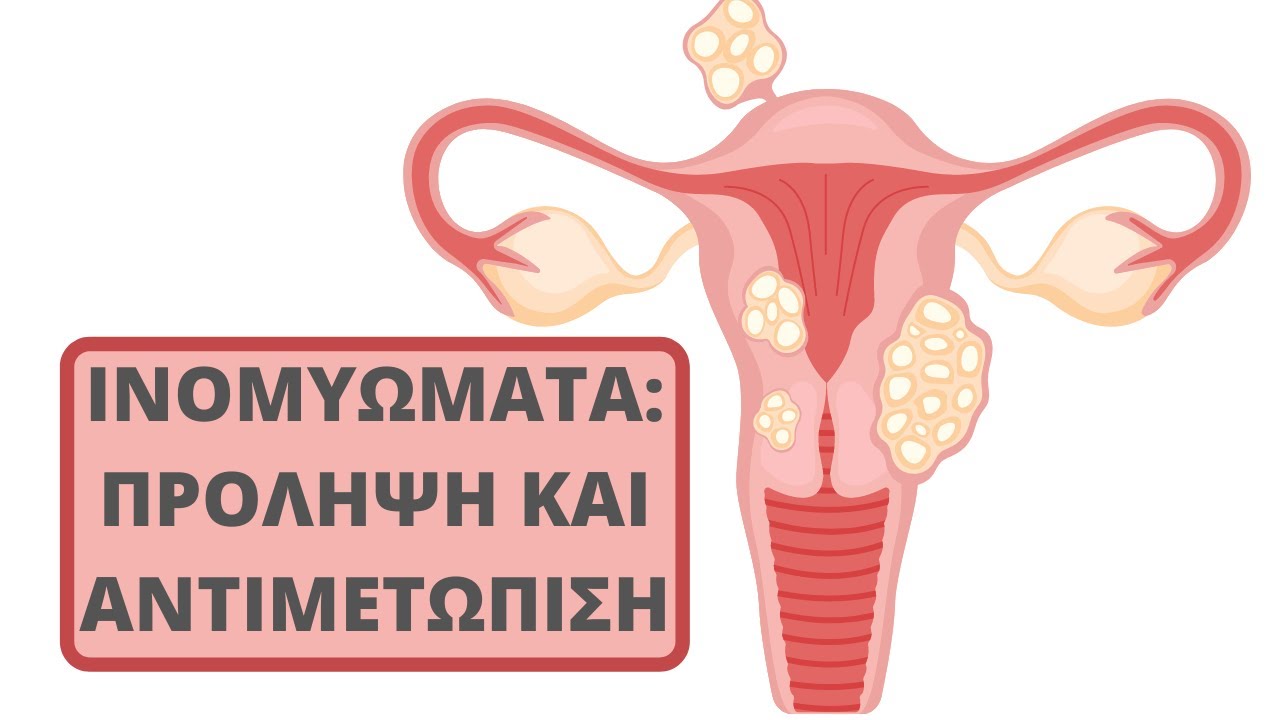


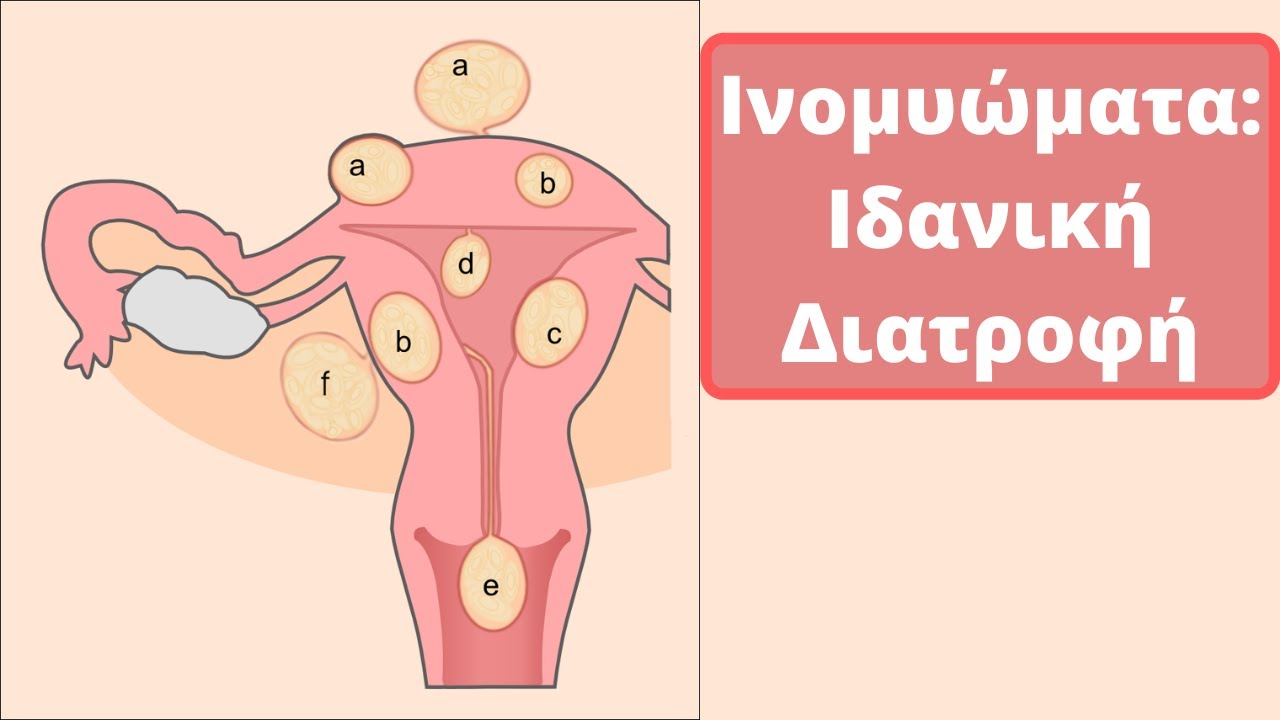

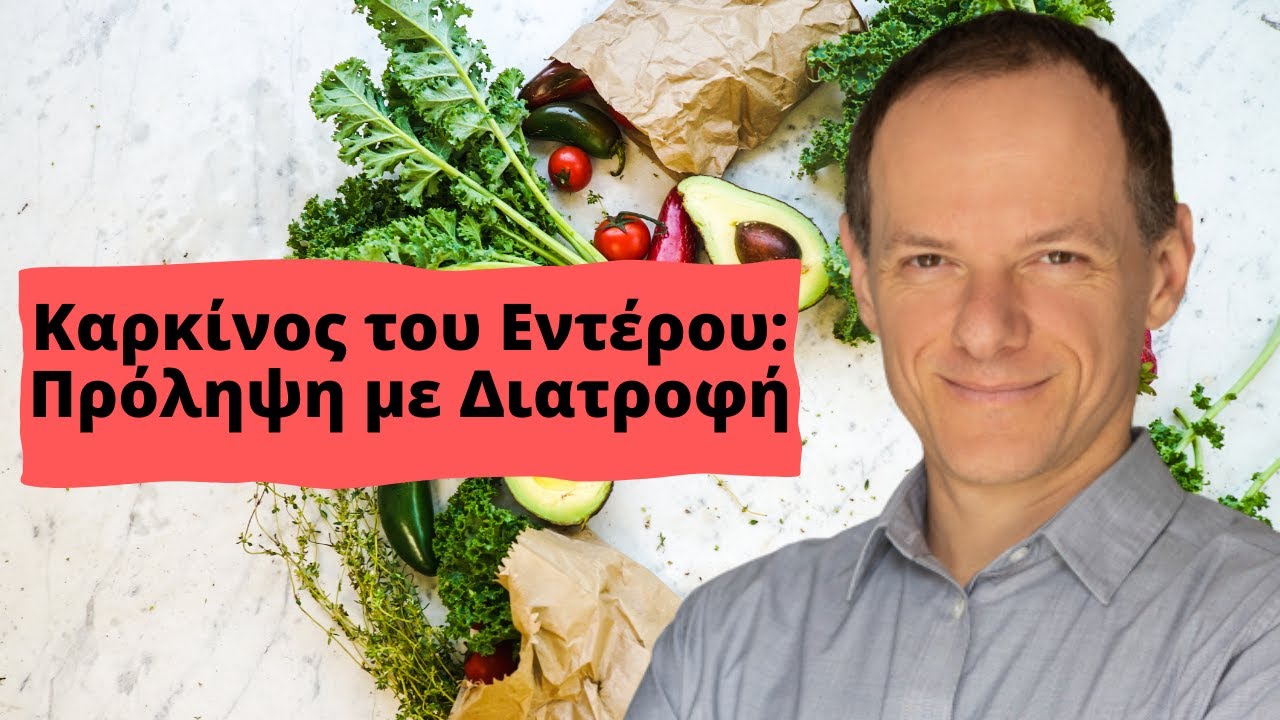


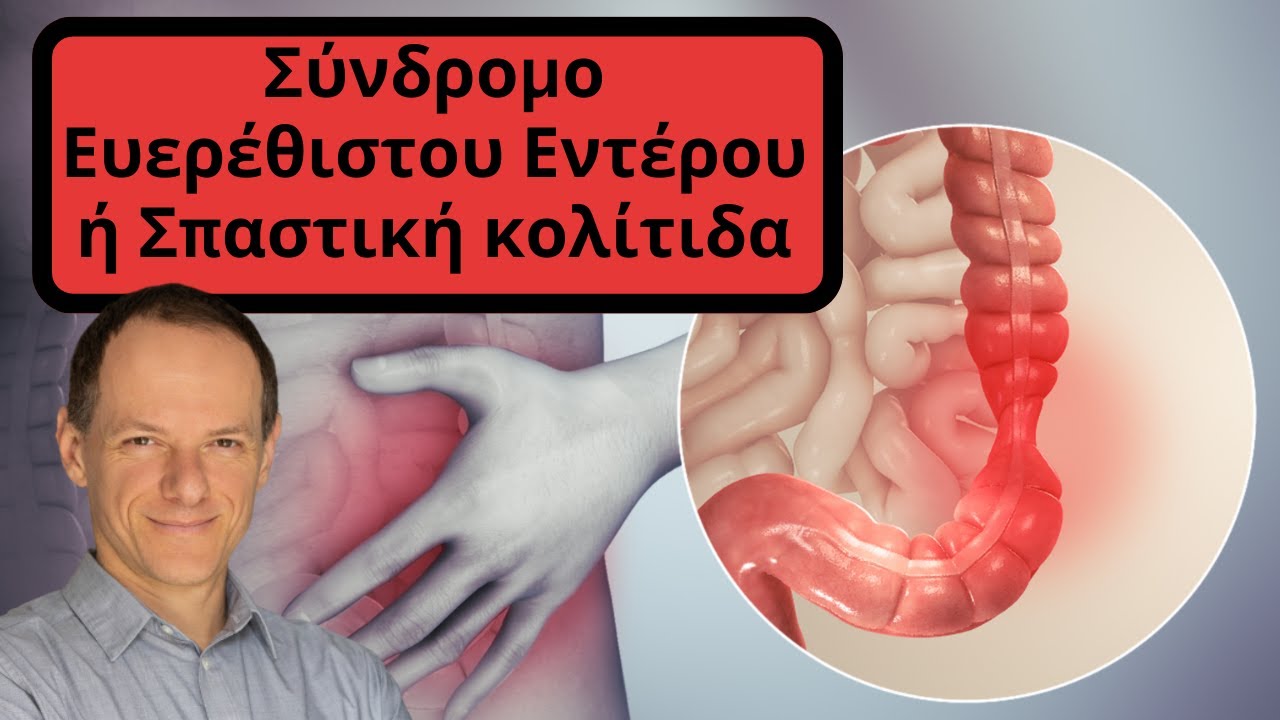
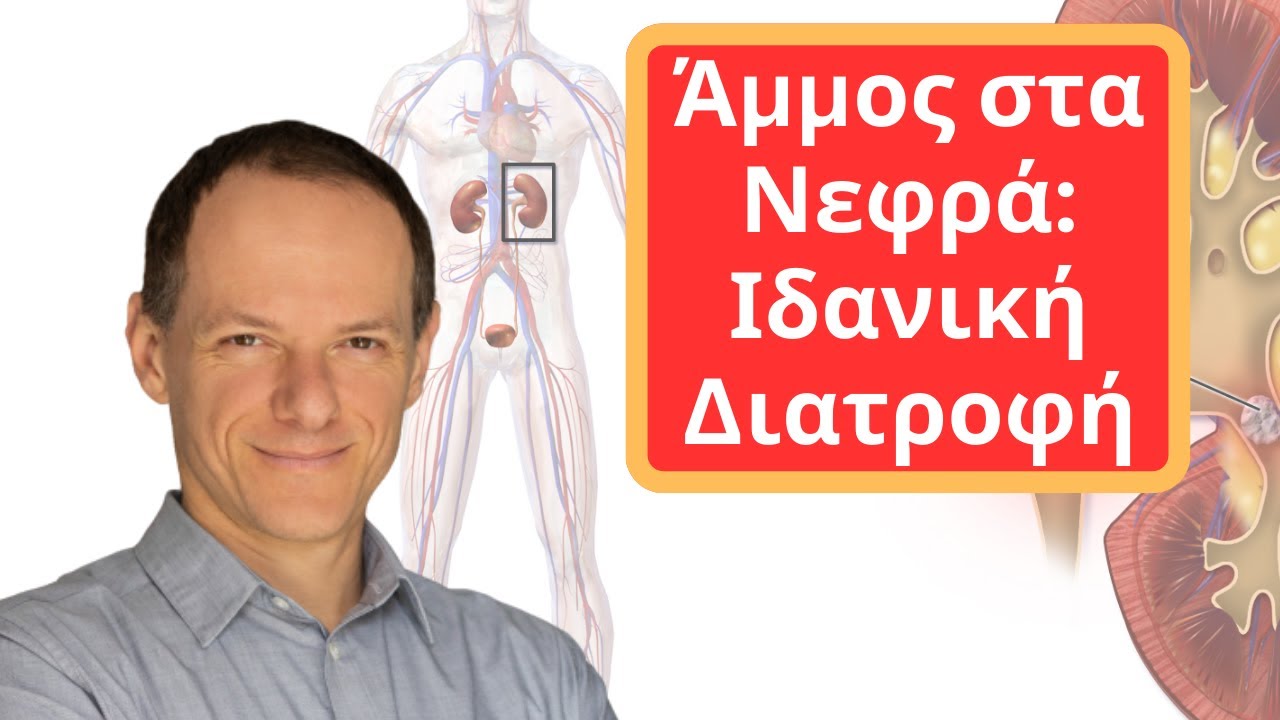






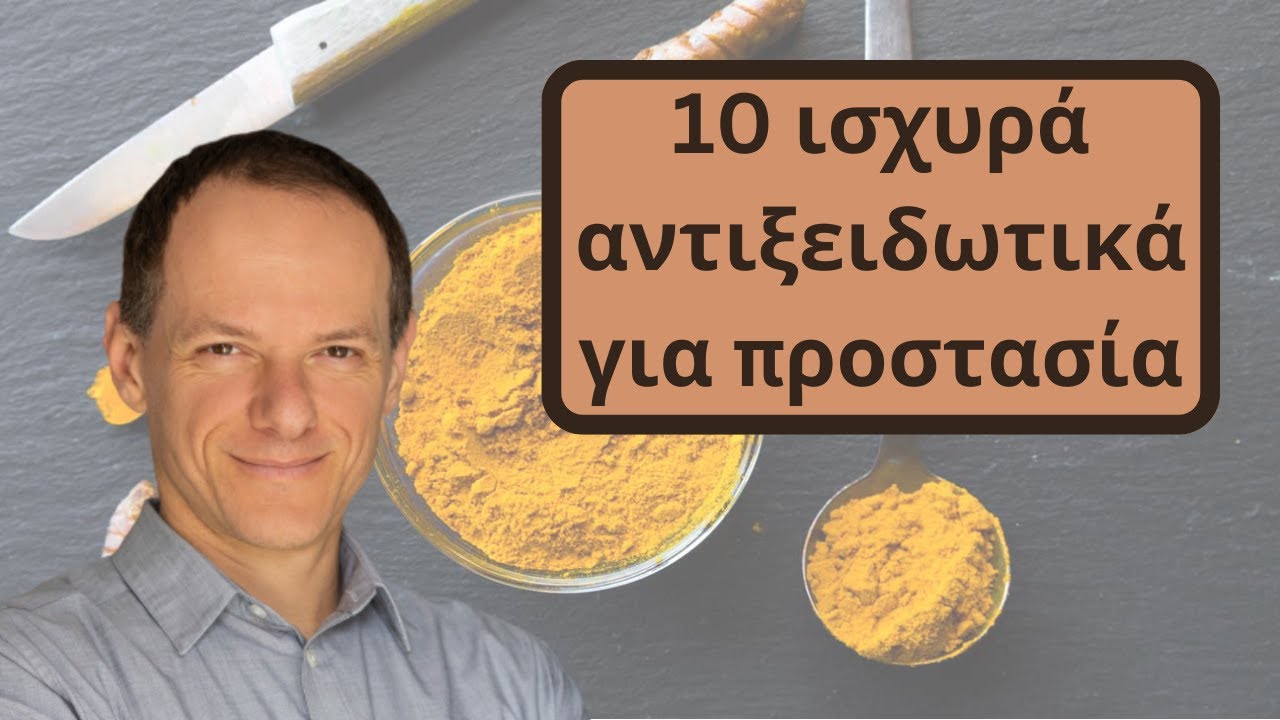
0 Σχόλια